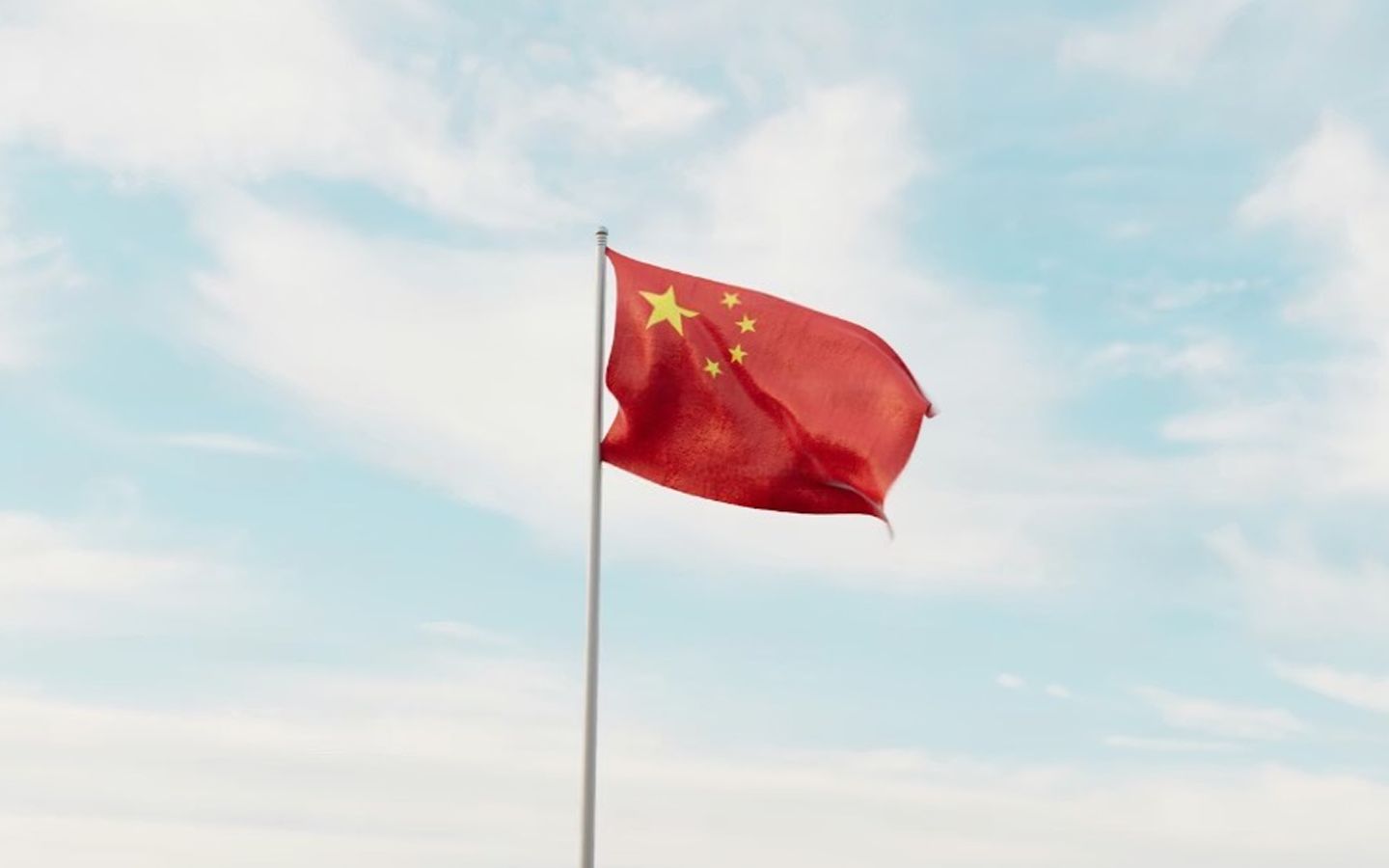Loro Piana’s Labor Scandal: A Wake-Up Call for Luxury Brands
The Italian ultra-luxury brand Loro Piana has recently been placed under judicial administration for one year after authorities discovered sweatshop-like conditions at a subcontractor factory. This marks the fifth high-end Italian fashion house to face such measures since 2023, following brands like Valentino, Dior, and Armani. The scandal has sent shockwaves through the luxury industry, raising difficult questions about supply chain ethics even in countries known for quality craftsmanship.
As a manufacturing expert with over 15 years in the industry, we believe this crisis creates a critical opening for more transparent brands to build consumer trust. This article will break down what happened with Loro Piana, why it matters, and how luxury brands can implement concrete measures to prevent such abuses.
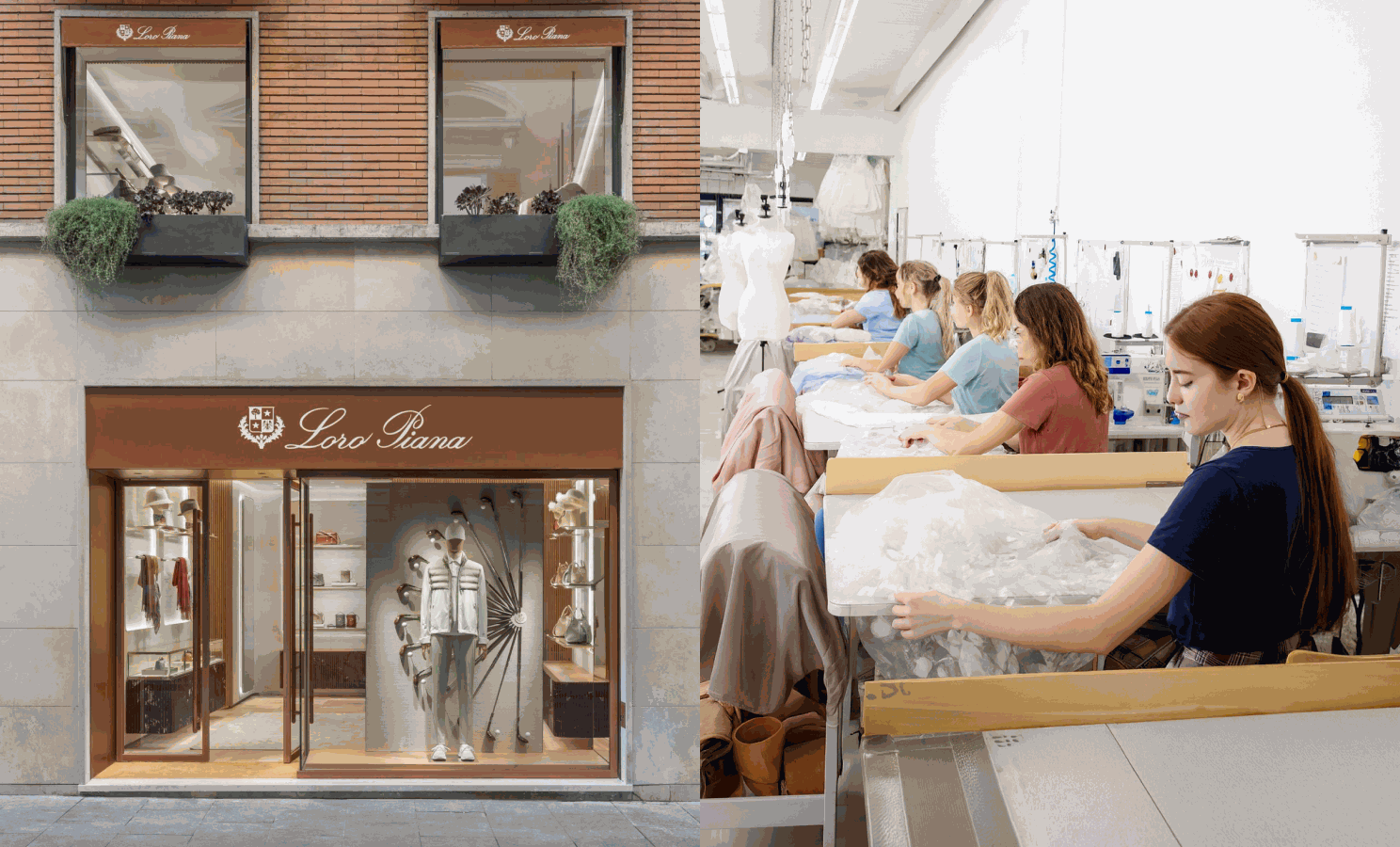
Inside the Loro Piana Scandal
In a May 2025 investigation, Italian labor authorities uncovered shocking conditions at an unauthorized subcontractor workshop. The facility, a clandestine operation outside Milan, was producing Loro Piana-branded cashmere garments. Investigators found ten Chinese workers, some of whom were undocumented, toiling for up to 90 hours a week for only €4 an hour. They slept in makeshift rooms inside the factory.
The Milan Tribunal placed Loro Piana under court oversight, concluding that its supply chain was built on a "systemic model of outsourcing." The brand's direct supplier had illegally subcontracted orders to multiple intermediaries, who then farmed the work out to unregistered, unsafe workshops. The court determined that Loro Piana had "culpably failed" to oversee its suppliers in a pursuit of lower costs. It characterized this model as a "generalised and consolidated manufacturing method" across the industry, designed to maximize profits by minimizing legal and administrative liability.
Loro Piana's response was to condemn all illegal practices, claiming it had no knowledge of the unauthorized subcontracting and terminated its relationship with the offending supplier immediately upon discovery. However, the revelation that even a €5,000 Loro Piana cashmere coat could be stitched under sweatshop conditions undermines the very narrative of "Made in Italy" craftsmanship and excellence. It serves as a stark reminder that a luxury label alone does not guarantee ethical production.
An Industry-Wide Problem: Outsourcing and Exploitation
Loro Piana's case is not an isolated incident. It is the fifth luxury brand in Italy to face court oversight for labor abuses since 2023, revealing a widespread and entrenched pattern. Italian authorities are cracking down on this "systemic model" where big-name brands use layers of suppliers to secretly subcontract work to cheaper, clandestine sweatshops. The Milan court explicitly called out the profit motive, noting that this model is used to reduce "criminal and administrative liability" and "maximize profits at the lowest possible cost."
As someone who has worked in apparel manufacturing for over 15 years, I can attest that unauthorized subcontracting is a rampant issue. It's entirely possible Loro Piana's executives didn't know the exact factory stitching their jackets. However, for a company of this scale, ignorance is not a valid excuse. The hard truth is that many brands choose not to look too closely because turning a blind eye can be profitable. For too long, luxury labels have leveraged the plausible deniability that complex supply chains afford, focusing on hitting target prices and assuming (or pretending) that suppliers will handle the details ethically.
Preventing Labor Abuses: A Practical Framework
The good news is these abuses are absolutely preventable. Ensuring fair and legal working conditions is not an impossible task, and even small brands can achieve high levels of supply chain control. For a brand with LVMH's resources, Loro Piana has no excuse not to have a system of ironclad oversight. If a brand is serious about preventing exploitation, here are concrete, actionable steps to take:
Implement Strict "No Unauthorized Subcontracting" Clauses: Every supplier contract should explicitly forbid subcontracting without prior written approval. This sets clear expectations and provides a legal basis for accountability. A signed contract alone isn't enough, it requires active monitoring.
Use Payment Penalties for Compliance Violations: Financial deterrents are highly effective. If a factory knows it will face payment penalties or lose future orders for unauthorized subcontracting, it is far less likely to take the risk.
Conduct On-Site Quality Control (QC) Inspections: Luxury brands already employ QC inspectors. These teams can be a brand's greatest asset for ethical oversight. Their checklist should include verifying that goods are being made in the approved factory, not elsewhere. Court documents in the Loro Piana case revealed that scheduled audits failed because they relied on falsified paperwork. A single unannounced visit could have exposed the truth.
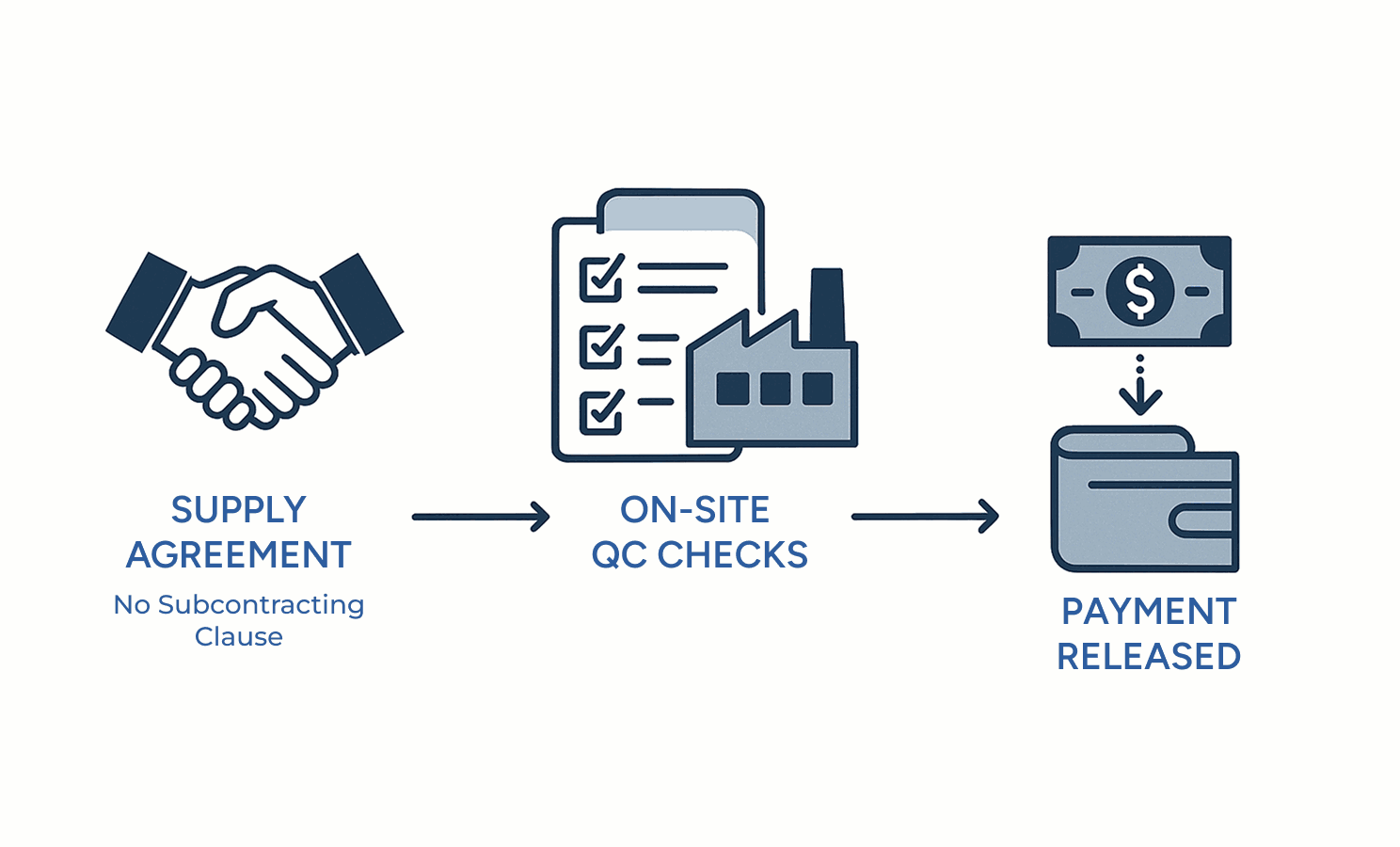
Hold Agents and Intermediaries Accountable: Many brands use agents to handle production. There is nothing wrong with this, but brands must hold them to the same high standards. Brands should not use the excuse of "plausible deniability" by hiring agents known for cutting corners.
Conduct Frequent, Unannounced Audits: Surprise audits take away a factory's ability to "stage" good conditions for a single day. A more vigilant approach, including random checks and worker interviews, could have flagged that orders were being fulfilled off-site.
At THE/STUDIO, we've implemented all of these measures despite being a smaller player. These are not complex or prohibitively expensive controls; they are common-sense practices. The fact that a giant like Loro Piana lacked this level of oversight indicates a willful negligence.
The Luxury Lie: No More Excuses
Let’s be clear: Loro Piana and its parent company, LVMH, have more than enough resources to ensure fair and legal conditions for every worker. The high profit margins of luxury goods are often used to justify the high price point, funding expensive design teams, retail boutiques, and marketing campaigns. However, none of this justifies breaking fundamental labor laws or exploiting people.
The more premium a product's price, the more responsibility a brand has to ensure fair compensation and humane conditions. Brands like Hermès and Brunello Cucinelli have proven that luxury can be both profitable and humane, paying their workers generously while still maintaining global admiration. True luxury should be knowing that your product was made ethically by people treated with dignity.
When a luxury brand cuts corners, it is incredibly short-sighted. Loro Piana’s reputation for the finest cashmere has been severely tarnished overnight. Decades of brand equity can unravel quickly if consumers feel duped. Honesty is the bare minimum. If you charge thousands of dollars for a coat, you have a moral obligation to ensure it was genuinely "Made in Italy" under humane conditions.
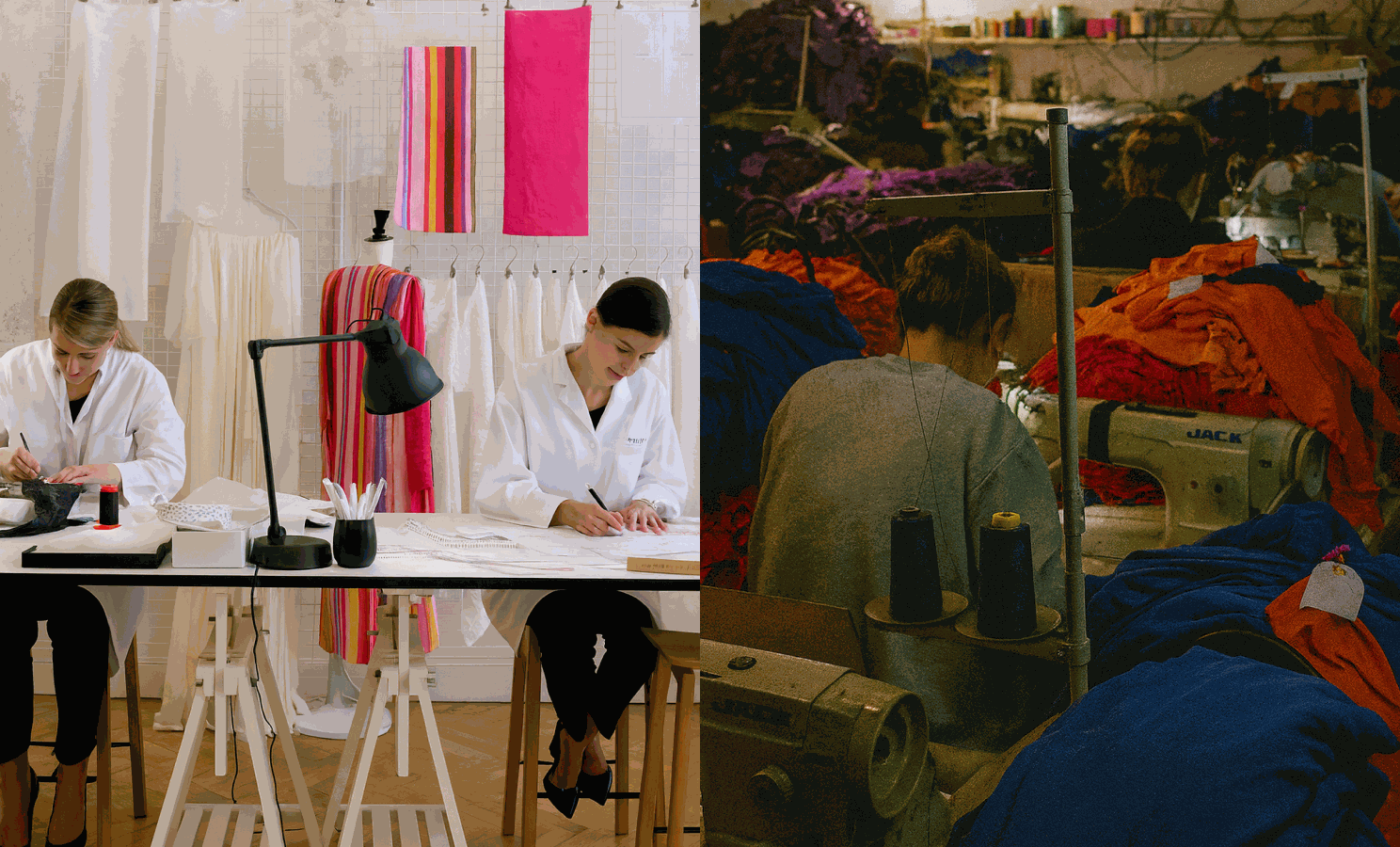
The Silver Lining: An Opportunity for Transparent Brands
The scandal creates a critical opening in the market. As big luxury brands falter, smaller and newer brands have a chance to differentiate themselves by truly standing for something better. Today's consumers, especially Millennials and Gen Z, demand proof and transparency, not just empty slogans.
We foresee a trend we call "luxury cottage industry transparency", a new wave of boutique luxury brands that are open about their production process, deeply rooted in craft, and authentic in their storytelling. These brands offer the true luxury of knowing exactly what you're buying.
Oliver Cabell: A small fashion accessories brand that set out to "disrupt the luxury business" with full transparency, detailing the exact costs of materials, labor, and transport for every product. This honest approach builds loyalty through integrity.
Another Tomorrow: A women’s luxury label that uses blockchain technology to provide a digital ID for each garment. Customers can scan an item to see its entire supply chain journey, from where the cotton was grown to which factory sewed it.
These brands prove that sincerity and transparency can be a winning differentiator. For emerging brands, this is an opportunity to stand out against the giants. For established brands, it’s a chance to finally align their practices with their promises. The old-school notion that luxury is about secrecy is dying. The future of luxury is about openness and accountability.
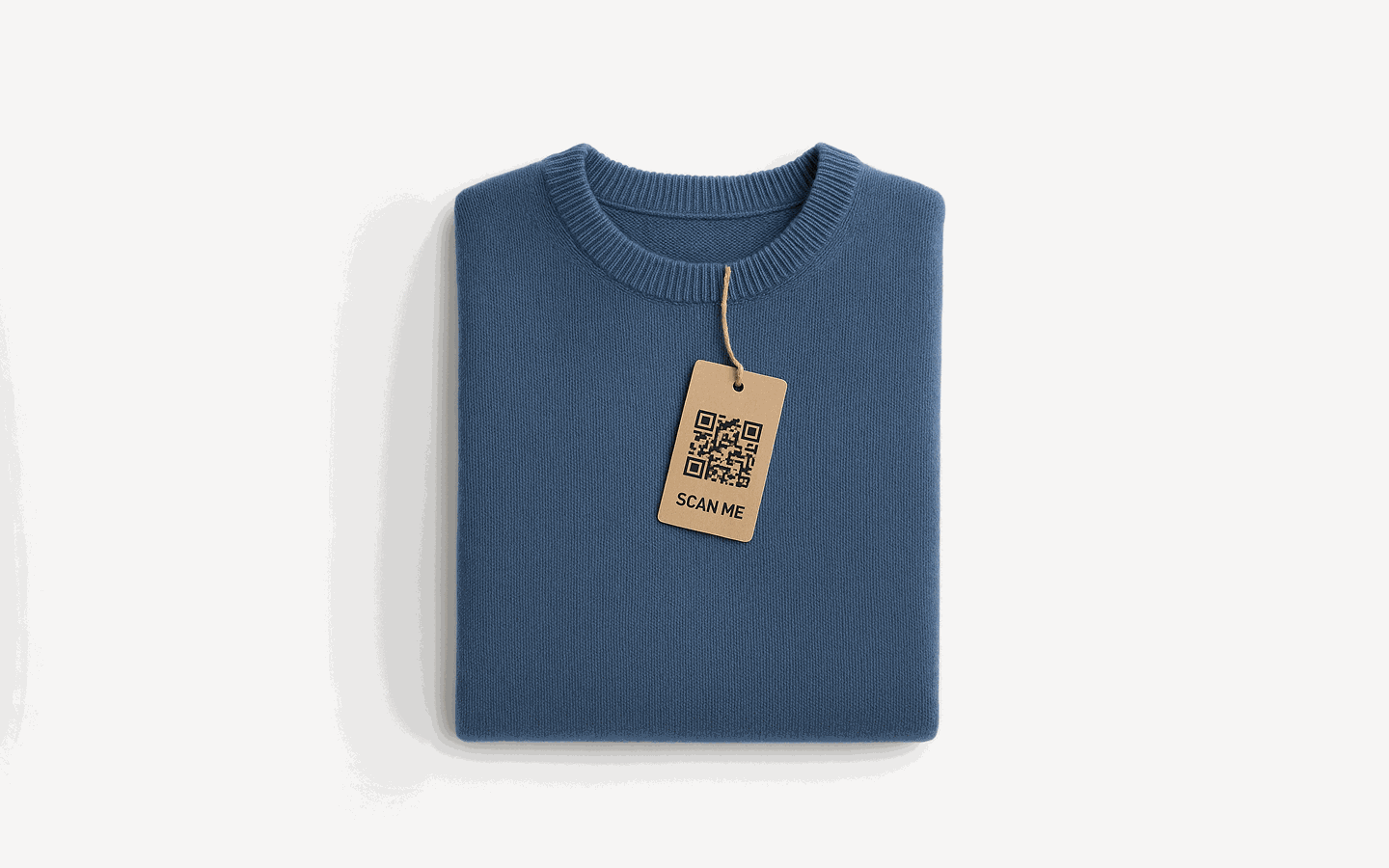
Conclusion
The Loro Piana case is a cautionary tale for the entire luxury sector. No brand, no matter how prestigious, is immune to scrutiny or above the basic responsibilities of fair labor. For Loro Piana, the road ahead will involve rebuilding trust, a task that requires fundamental changes to how they operate. The Italian court's oversight is a chance for them to get their house in order.
For consumers and emerging brands, this scandal reinforces the importance of supporting brands that truly reflect our values. There are luxury products out there made by well-treated artisans, with respect for tradition and honesty about the process. If the big names don't step up, they might find their customers drifting to those who do. In the long run, ethical craftsmanship and transparency will be the new definition of luxury, and it might be the only way for brands to sustain their aura of excellence in the modern era.



